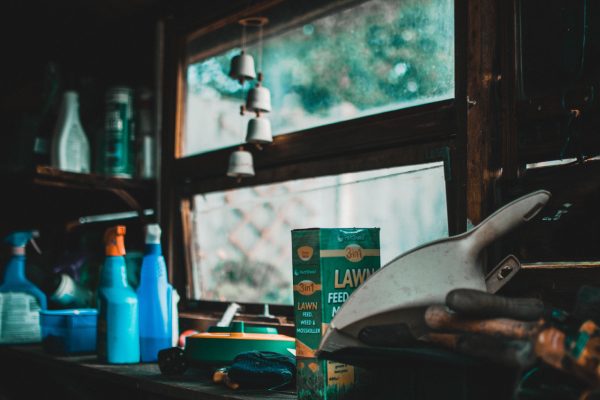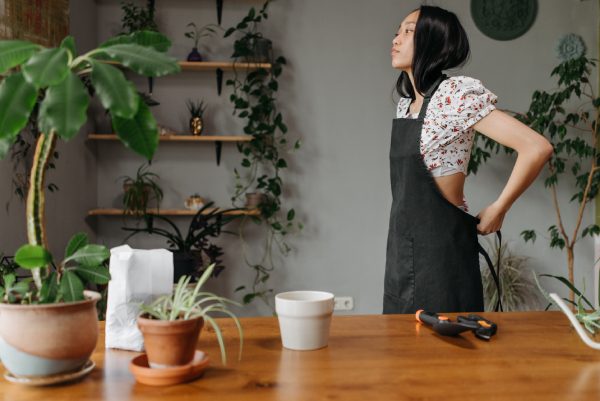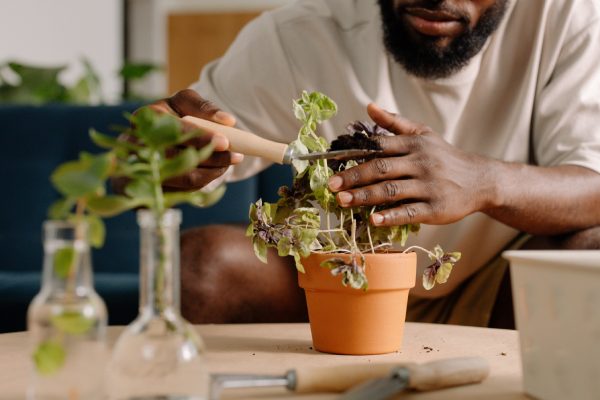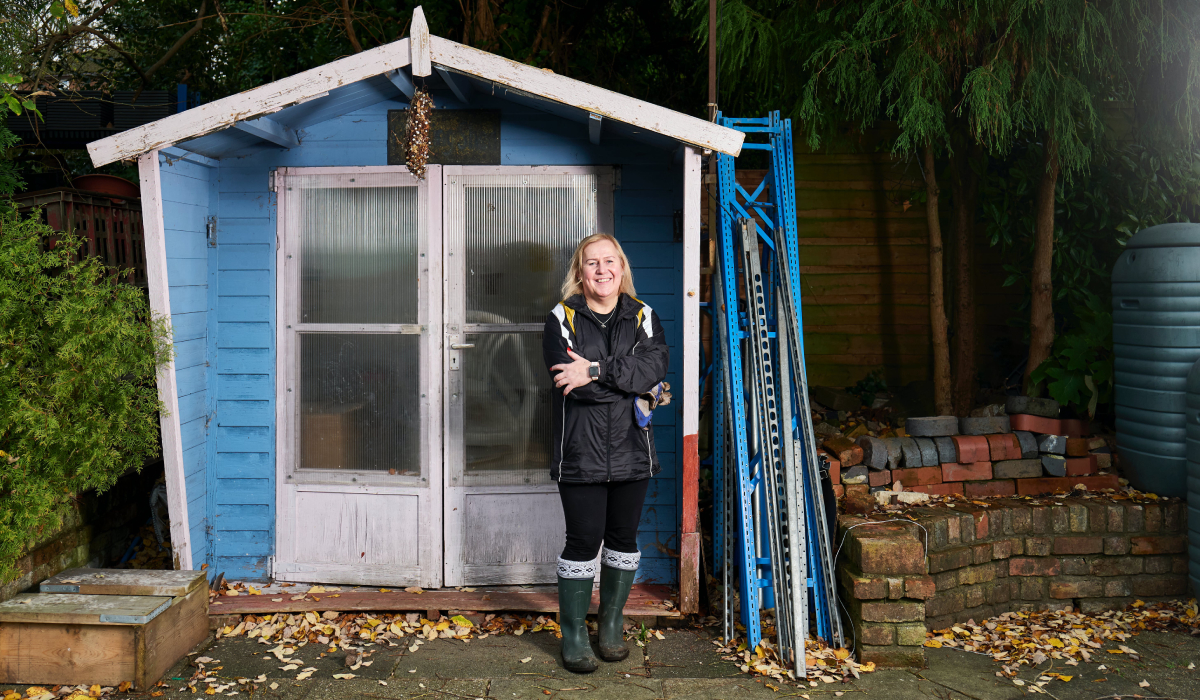8 Things to Do If You Want to Take Up Gardening as a Hobby
Gardening is a hobby that offers a unique blend of relaxation, physical activity, and a deep connection with nature. For many, the allure lies in transforming a simple patch of earth into a field of colours and textures. Whether it’s a vibrant flower bed, a healthy vegetable patch, or a tranquil green space, the garden becomes a canvas that reflects the care, interests, and creativity of its gardener.
However, gardening can seem like a daunting endeavour to the novice. This is especially true when you consider the plethora of plants to choose from, as well as the intricacies of soil quality, seasonal changes, and other factors that affect plant growth.
With all that being said, gardening is not an impossible feat. The key is to start small and learn through experience. Here are a few tips that can help you create your own green retreat:
Research Your Gardening Options
Before delving hands-first into the soil, it’s essential to understand your local gardening environment. Some of the most important factors you need to understand are the climate in your area, the ground available in your garden and what you can do to improve it, and the amount of sunlight your space receives. Then, research plants that thrive in such conditions; it’s also helpful to consider whether you’re more inclined towards flowering plants, vegetables, or herbs that you can use for cooking. You can check out local gardening clubs, books, and online resources to gather some insights specific to your region.
Gather Essential Gardening Tools
The right tools can make a significant difference in your gardening experience. Start with the basics to form the foundation of your gardening toolkit, such as a sturdy pair of gloves for hand protection, a spade and a trowel for big and small digging tasks and planting, a garden fork for turning soil, and a watering can or hose. Then, as you progress, you may start getting more specific tools. When in doubt, garden centres and hardware stores often have knowledgeable staff who can advise beginners on the best tools; feel free to approach them if you have any concerns or inquiries.

Invest in a Quality Garden Shed
Once you have your tools, the next crucial aspect is ensuring these are well-maintained and stored properly. A garden shed is ideal for organising and keeping your essential gardening tools in good shape. If you live in Auckland and want to revamp your gardening space, consider a garden shed Auckland-style from Custom Cabins Waikato. You can count on us to create a garden shed for your space that is not only sturdy and practical but also visually appealing. Whether you’re looking for a simple, rustic look or a more modern, sleek design, Custom Cabins Waikato can accommodate your preferences.
Start with a Manageable Space
Many gardening beginners make the common mistake of taking on too much too soon. This could make you feel overwhelmed and unmotivated to continue. Thus, it’s best to start with a smaller, more manageable space, like a modest patch in your backyard or putting up a small raised bed of vegetables. This approach allows you to learn and grow with your garden, keeping the process enjoyable and within reach. Additionally, starting small will enable you to focus on a few plants and understand their needs and growth patterns. A small garden also requires less time and resources, which makes it a perfect starting point for those new to the hobby.

Select Beginner-Friendly Plants
Choosing the right plants is crucial for a successful start in gardening. For beginners, plants are known to be more forgiving. Some examples include flowers such as marigolds, pansies, sunflowers and vegetables like lettuce, radishes, and tomatoes. These plants don’t need specialised care and can tolerate various conditions, making them ideal for those still learning about gardening. When you succeed in taking care of these plants, you can gain a confidence boost and a solid foundation for experimenting with more challenging plants in the future.
Understand Basic Plant Care
The health and growth of your garden rely on your understanding of basic plant care. For instance, watering plants is a balancing act: too little or too much can both be detrimental. Thus, you must learn about the hydration needs of your chosen plants and establish a routine. Similarly, understanding the importance of sunlight and soil quality will go a long way. It’s also helpful to familiarise yourself with the signs of common plant ailments like pests or diseases so you can address issues promptly.
Plant and Nurture with Care
Successful gardening requires time, effort, and careful attention. It’s crucial to follow planting depths and spacing guidelines; planting too shallow or too deep can lead to poor growth, while overcrowding causes disease. The best time to plant also varies depending on the plant species and your local climate; in general, many plants thrive when planted in spring or autumn.
Then, after planting, regular maintenance is crucial. Some routine tasks include weeding, which can be mundane but is essential for the health of your plants. Regularly inspecting your plants and tending to their needs helps them thrive and deepens your connection with your garden.

Embrace Eco-Friendly Gardening Practices
Gardening is good for your health and the environment, and it can be even more so when you adopt more eco-friendly practices. For instance, you can use organic fertilisers and pest control methods, compost kitchen and garden waste, and choose native plants. In a time with a growing emphasis on sustainable living, such practices are increasingly encouraged and can make your gardening experience more rewarding and environmentally responsible.
Nurturing Growth Beyond the Garden
Gardening, as with any new endeavour, requires patience and persistence. You have to remember that not every attempt will be successful, but each failure is an opportunity to learn and improve. The rewards of gardening are also well worth the effort: from the satisfaction of harvesting your own produce to the tranquillity of a well-tended flower bed. In the process, you create not just a garden but a sanctuary of your own making.
